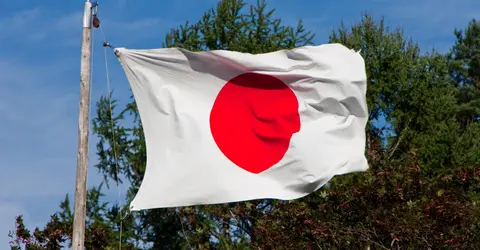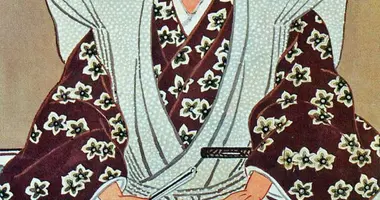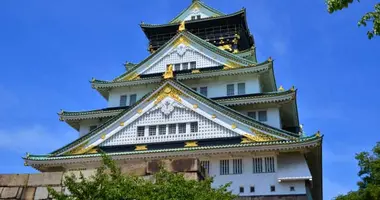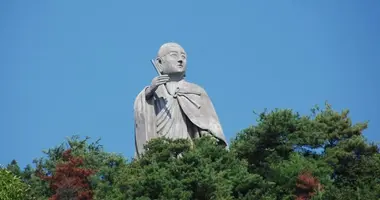Japanese state founding day 建国記念の日

Flag of Japan
Hector de Pereda
Kenkoku Kinen no hi
Every year, February 11 is a public holiday in Japan. It celebrates Kenkoku Kinen no hi, or the day of the founding of the state. It is a very old patriotic day since it commemorates the rise to power of the first emperor.
As incredible as it may seem, the founding day of the Japanese state that is still celebrated today is based on a myth since the existence of the first Japanese emperor is not historically proven. Most Japanese, therefore, do not show any particular fervor on this date, which since the Second World War has become a public holiday like any other.
Read: The Emperor of Japan
A legendary day...
The original history of the Japanese imperial family is described in the Nihon Shoki. Published in 720, it is with the Kojiki one of the only official works on the history of Japan. Thus, the Japanese state would have been founded on February 11, 660 BC by Emperor Jinmu, a direct descendant of the Sun Goddess Amaterasu. At that time, the lunisolar calendar was used, so the choice of the date of the foundation of the state on the Gregorian calendar (the one we all know) posed some problems. In the end, the date was set for February 11 in 1873, during the Meiji era (1868-1912).
See also: The notion of god in Japanese
Originally called Empire Day, or Kigensetsu in Japanese, February 11 was for years one of the most important days of the year. Symbol of the unification of the people under the reign of the Emperor but also of patriotism, large parades and festivals were organized. People read poems, sang the national anthem, and prostrated themselves before the portrait of the Emperor in the many official ceremonies that took place that day.
... Become commonplace?
Since Empire Day is strongly linked to the Shinto religion and the worship of the Emperor, it was abolished by the Americans after the surrender of Japan at the end of World War II. It was not until 1966 that February 11 was once again officially commemorated as " Japanese State Founding Day ", or Kenkoku Kinen no hi.
Since the day has become a public holiday again, it is not celebrated with the same fervor as before. Most Japanese people stay at home and take advantage of this day to rest. The Prime Minister makes a speech, the infrastructures, businesses, and inhabitants are invited to take out their flag and the Japanese must reflect on their belonging to the nation. You will also be able to come across some demonstrations, the day has taken on a political connotation since it was also on February 11 that the American General Douglas MacArthur proposed the first version of the Constitution of Japan, in 1946.
To go further: Public holidays in Japan

Protest for the founding day of the state in Shibuya
muratama










